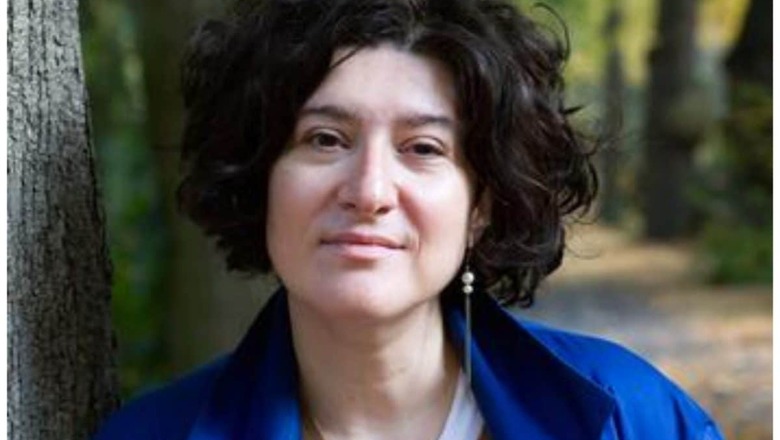
views
Maria Stepanova, an author of Russian-Jewish descent, has been honoured with the prestigious Leipzig Book Prize for European Understanding in the year 2023. Stepanova was recognised in Leipzig this week for her poetry collection titled Girls Without Clothes. The volume of poetry is characterised as a perceptive and exceptionally poetic exploration of the frequently veiled physical and emotional abuse that women face, along with the underlying power disparities that fuel this mistreatment.
The panel of judges praised Stepanova’s unwavering commitment to a poetic perception of the world and acknowledged that her literary works reverberate with the voices of renowned authors from across the globe. The statement read Stepanova’s “work is at the same time an echo chamber of world literature in which Dante, Goethe and Walt Whitman are just as present as Ezra Pound, Inger Christensen and Anne Carson.”
The award ceremony took place on April 25, marking the opening of the 30th Leipzig Book Fair. The prize has been granted since 1994 with the aim of promoting reconciliation in Europe, and it was previously won by another Russian exile, Masha Gessen, a journalist residing in the United States, for her book The Future Is History: How Totalitarianism Reclaimed Russia in 2019.
Maria Stepanova is a celebrated modern writer of Russian literature who is currently living as an exile in Berlin. The recognition of her contributions to literature in the form of the 2023 award is noteworthy, given the current context of Russia’s military incursion into Ukraine, which is partly justified under the pretense of preserving the Russian language and culture in the former Soviet republic.
Stepanova, a Russian-Jewish poet, novelist, and journalist born in Moscow in 1972, has been a vocal critic of Vladimir Putin’s administration. She has expressed her admiration for Ukraine’s resistance to the invasion, describing it as a battle of “good versus evil” in an interview with the German public broadcaster RBB.
Maria Stepanova considers her literary endeavours to be a battle for her native language. According to her interview with Deutsche Welle, she believes that the Russian language requires her and other writers like her more than they require the language. Stepanova is convinced that the future of the language is preserved in poetry. Upon being awarded the Leipzig Book Prize, Stepanova compared the present-day Russian language to a “minefield.” She described herself as a deminer of language as a poet during these difficult times.
Read all the Latest Lifestyle News here




















Comments
0 comment